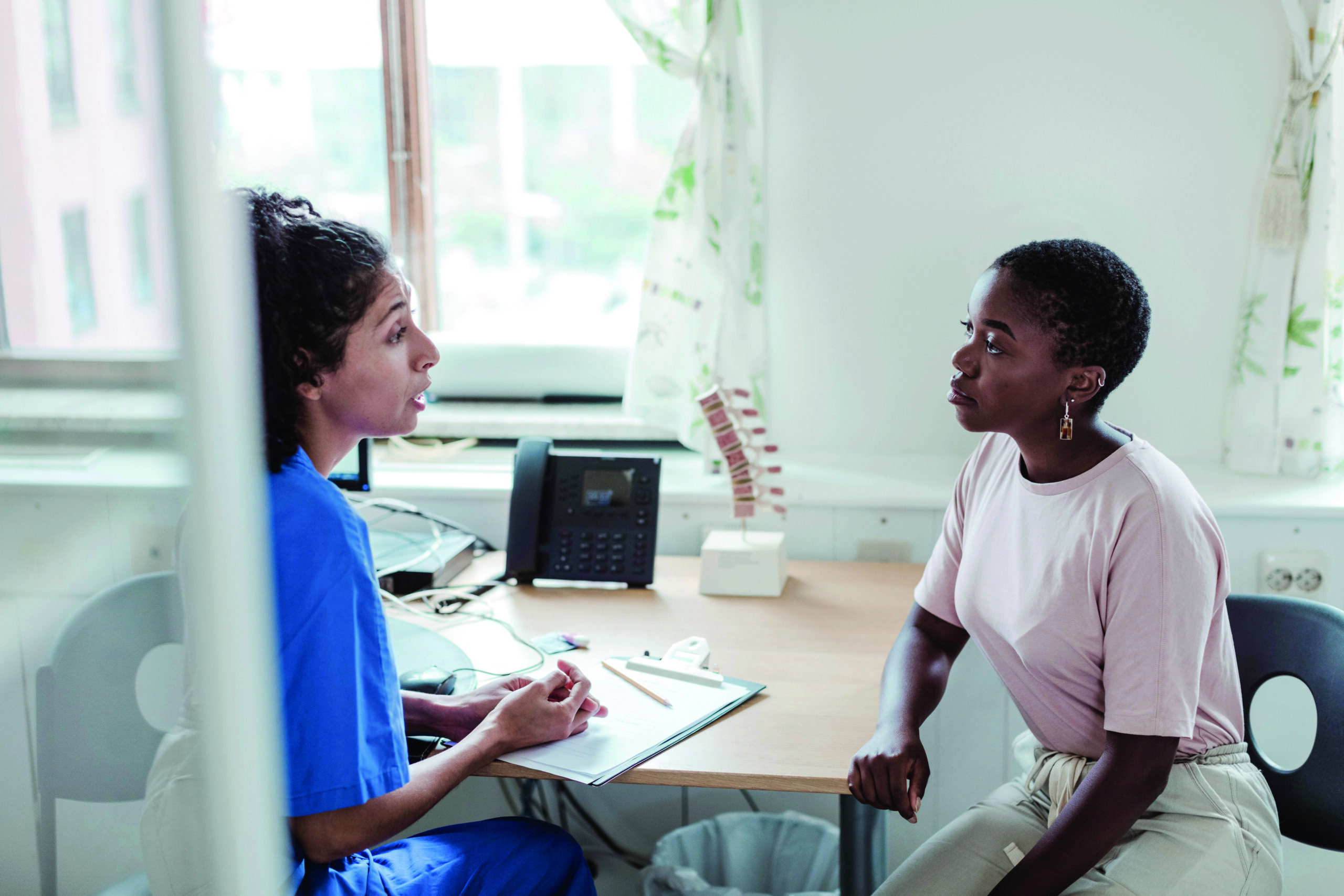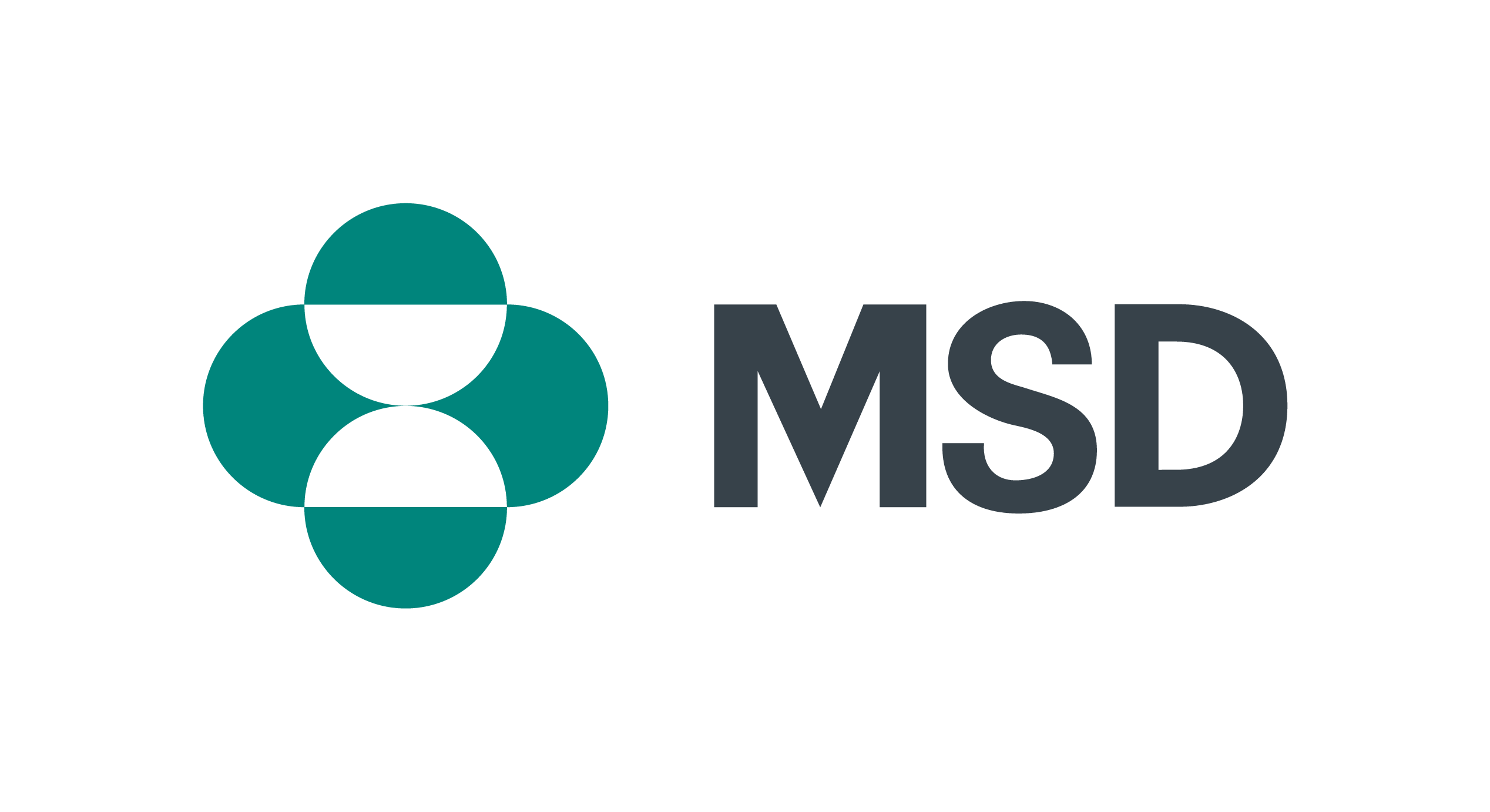
Dr Dilruwan “Cham” Herath is the executive medical director for MSD in the UK and Ireland. With over 18 years’ experience in the pharmaceutical sector, he has delivered industry-leading clinical change leadership and secured patient access to lifesaving medicines. He talks about the challenges of overcoming health inequalities and barriers to patient care.
How do you define health inequalities?
Health inequalities affect people in various ways. Historically, pharmaceutical companies focus on the uniformity of access to medicines and healthcare, but the reality is more than that. We have to consider patient demographics – things such as ethnicity, gender and disabilities, among others.
There are also factors such as geography and location, and within that, social deprivation. While much progress has been made, the Covid-19 pandemic significantly exacerbated health inequalities and highlighted the urgent need for improvements so that everyone has access to equitable healthcare. Routine immunisations were reduced, access to testing and preventative medicines for HIV were impacted and cancer backlogs grew.
How can the pharmaceutical sector help track inequalities?
Traditionally, the pharmaceutical industry’s role has been one of access and distribution. But that is changing. We now have a really important role to play because we have access to key data in regions of inequality, and we have the resources to analyse how these inequalities are playing out.
We can also take a more active role: from designing diverse and inclusive clinical trials for our medicines, to improving health literacy and working collaboratively to overcome barriers to patient access to services and treatments. Partnerships and collaborations are key.
Our Do it For Yourself Campaign gave recognition to the prevalence of lung cancer in poorer socio-economic groups, who are also less likely to present to their doctor at an earlier stage. We deliberately used methods and channels more likely to get through to these groups (ie local press, pharmacy bags, pub beer mats, etc).
Finally, I’d just add the importance of supporting healthcare professionals in their job. Post-pandemic, the NHS is under immense pressure. We need to support healthcare professionals in their education to understand health inequalities and respond to them.
What are the biggest challenges in addressing inequalities in treatment for cancer?
There are immediate issues with our regulatory and reimbursement framework for treatments. We need better capacity and innovative approaches by leading agencies to provide early, fast and equitable access across the UK to ensure that patients are getting their treatment in a timely fashion. This is true for registering a drug, too. It can take several years to make a drug accessible for patients that may benefit, and sometimes that is too late.
There are also issues with variation in accessibility to cancer treatment centres. If you are living in an area of deprivation, there may be a number of reasons why healthcare access is trickier. It’s a compounded thing that requires a much better understanding of patient pathways, as well as tailored approaches depending on the area.
MSD’s recent report on cancer inequalities produced in collaboration with the Less Survivable Cancers Taskforce outlines five recommendations to reduce inequalities in cancers. These include the government making a specific pledge to double survival rates for people with a less survivable cancer over the next decade as well as NHS England producing a national action plan. This national action plan should be paired with location action plans. The final two recommendations focus on improving the data quality and completeness for these cancers and establishing national audits for each of the cancers.
How can we overcome barriers to patient access to services and treatments?
Number one, we need to improve education. Patients should have a better awareness of their disease, treatment, and their recovery plan. We also need to get better at informing the general public about prevention, identifying diseases, and the risk factors of acquiring certain diseases.
Number two is trying to make advice for patients more consistent across the UK. It’s not really the fault of healthcare professionals that patients are treated inconsistently, but a matter of data and access varying across regions. We need to work to improve this.
Number three, we need to expedite the waiting lists across the country that are making access to patient treatment plans slower and more difficult. These treatment plans need to be personalised, taking into account what else might be happening in a patient’s life. We have to think about how we support the whole patient, not just treat the disease.
What would you like to see from the new government?
There needs to be a sustained commitment to levelling up. We need more investment across regions so we can grow our burgeoning life sciences sector and improve health outcomes. We need to invest far more in generating and analysing data, which is vital for understanding which drugs to invest in and which regions and groups need more attention.
We also need to see improved NHS research and patient pathways, ensuring there is always best practice going forward. We want to see high ambition on health outcomes, even in the most challenging of economic times. We don’t want to see progress being undone and we must continue to invest in health.
MSD has provided funding support for this activity.
Date of preparation: October 2022
GB-NON-06569




